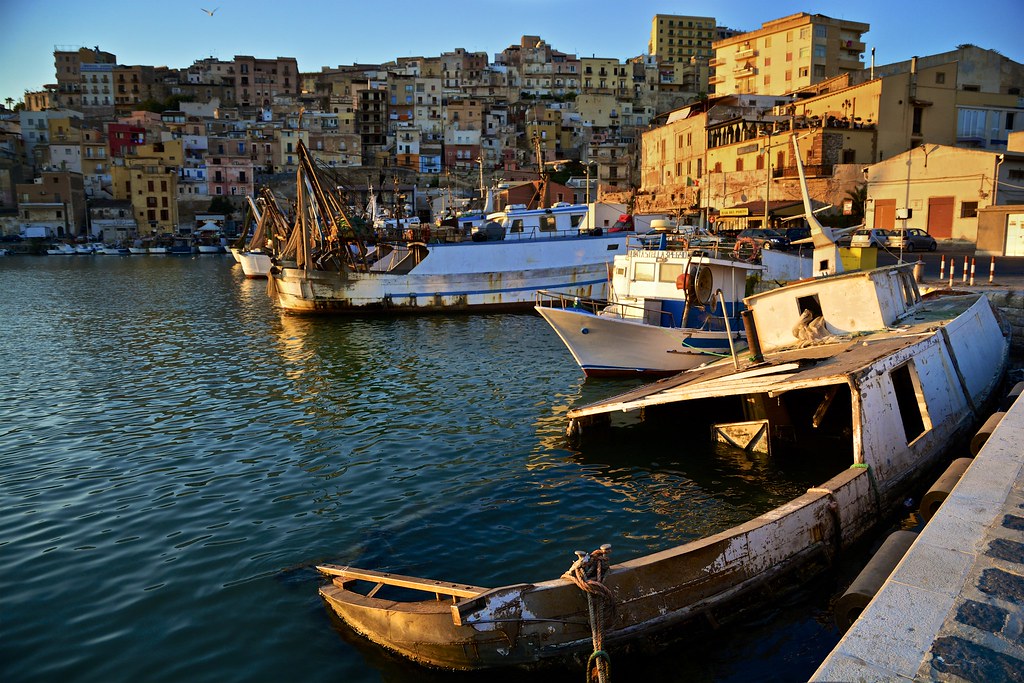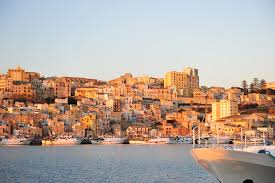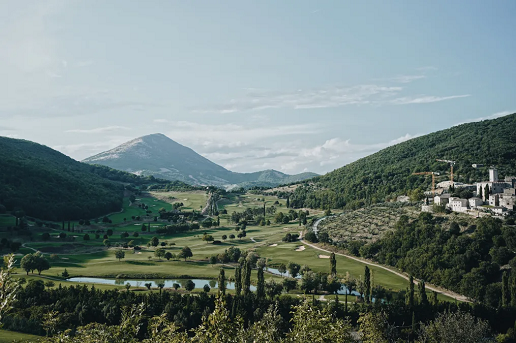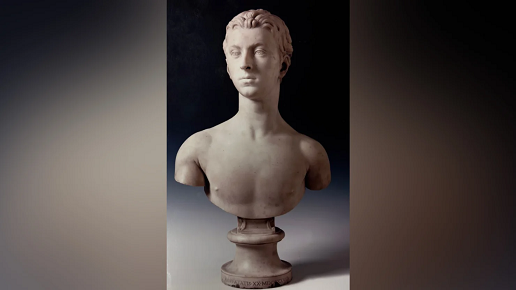Set atop a hill on the Italian island of Sicily, Agrigento is a heritage tourist’s paradise. Beneath the archaeological structures and relics of its Valley of the Temples lies an ancient maze-like aqueduct system that still captures water today.
But the aqueduct, and others built in modern times, are running so dry that small hotels and guesthouses in the city and nearby coast are being forced to turn tourists away. They don’t have enough water to guarantee their guests a toilet that flushes or a shower after a day out in the summer heat.
Sicily began enforcing water restrictions in February when the region declared a state of emergency amid a relentless drought. Leaky, aging infrastructure has only worsened the shortages, which have hit tourism and agriculture alike, two sectors crucial to Sicily’s economy.
Over-development of urban centers and citrus and wheat farms have reduced the natural wetlands by 20%, worsening the problem, ANBI said.
Sicily’s regional president, Renato Schifani, said the island’s losses — between crops, empty reservoirs and dying livestock — have already topped €1 billion. That doesn’t even take into consideration potential loss of tourism dollars because tourists that can’t access water on one part of the island are rebooking in others. It just as bleak for Cammarata, who says his whole livelihood — his 300 goats, 160 head of cattle and dairy operation — is at risk./Flickr
It just as bleak for Cammarata, who says his whole livelihood — his 300 goats, 160 head of cattle and dairy operation — is at risk./Flickr
But for communities in places like Agrigento, the losses are devastating.
It just as bleak for Cammarata, who says his whole livelihood — his 300 goats, 160 head of cattle and dairy operation — is at risk.
“The consortium used to guarantee water rotation every five or six days,” he said, referring to a farmers representative group. “Now they can no longer tell us if and when they will open the taps.”
The solutions are complicated, even for an island surrounded by water. The three desalination plants that could clean Sicily’s seawater for drinking, sanitation or irrigation have been closed for more than 10 years. Getting them back online, or drilling new wells, will take time.
And time is yet another thing the island is running out of.







